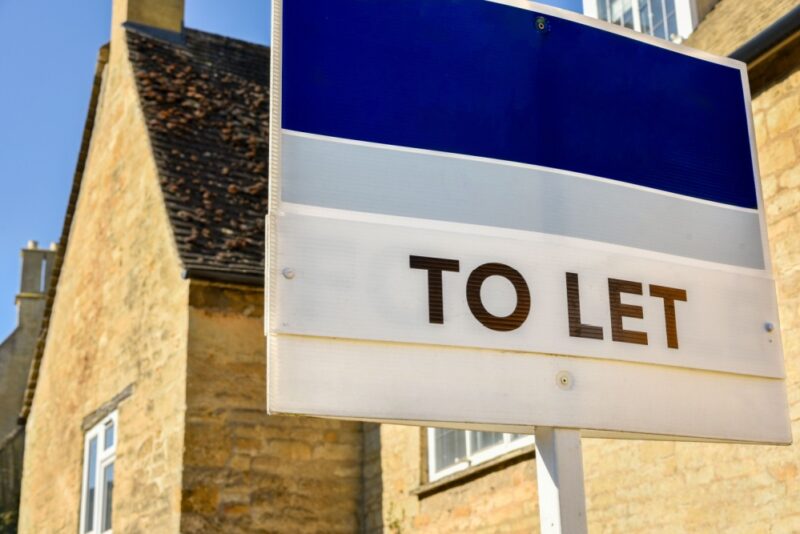A survey has revealed that many people aren’t confident in their understanding of common mortgage terms. Indeed, more than 7 in 10 Brits believe the mortgage process should be taught in schools to reduce confusion.
As a first-time buyer, navigating the property market and mortgage process could feel overwhelming. But you’re not alone.
In fact, the research found that there are almost 4,400 Google searches every month with the phrase “What is a mortgage?”. Even among homeowners, 16% admitted they still didn’t understand mortgages.
So, if you’re planning to buy your first home, read on to discover the essentials you need to know.
1. A mortgage is a type of loan that’s secured against your home
Let’s start with the basics. A mortgage is simply a type of loan you use to purchase a property. The property you buy is used as security against the loan. So, if you miss repayments, the lender could repossess your home.
When you’re looking at mortgages, you might see the term “loan-to-value” or “LTV”. This is the ratio amount of money you borrow to the property’s value. As a first-time buyer, you might use a 10% deposit to secure a mortgage. This would mean your LTV is 90%.
As you make repayments or the value of your property increases, the LTV will fall. Generally, lenders will offer you a more competitive interest rate when you move into a lower LTV bracket.
2. The “mortgage term” is how long you’ll repay the mortgage over
Only 46% of people said they were confident about the definition of “mortgage term”, which is the length of time you’ll repay the mortgage.
Traditionally, first-time buyers have taken out a mortgage with a term of 25 years. However, as property prices have increased, so has the mortgage term. Depending on your circumstances you might be able to choose to repay your mortgage over 35 or even 40 years.
Opting for a longer mortgage term would reduce your monthly repayments. However, as you’d be repaying the debt for longer, you’d pay more in interest over the full mortgage term.
3. There are different ways the interest on your mortgage is calculated
Understanding how the interest added to your mortgage is calculated is important. There are three main options to choose from.
- With a fixed-rate mortgage, the interest rate and your repayments would remain the same for a defined period, such as two or five years.
- With a variable-rate mortgage, the interest rate you pay could rise and fall. So, you’d benefit if interest rates decreased but could find that your repayments increase if interest rates rise.
- A tracker-rate mortgage is similar to a variable-rate mortgage and follows the Bank of England’s base interest rate. As a result, your repayments could change during the mortgage term.
A fixed-rate mortgage could be a useful option if you want to know exactly what your mortgage repayments will be. However, if interest rates were to fall, you could end up paying more interest overall. Considering your budget and how you’d cope if repayments changed could help you assess which option is right for you.
4. When your mortgage deal ends, you’ll usually pay your lender’s standard variable rate
When you take out a mortgage deal, it will be for a defined period, such as two or five years. Making a note of when your mortgage will end could save you money in the future.
When your mortgage deal ends, you’ll usually be moved on to your lender’s standard variable rate (SVR) – a term just 12% of people said they understood in the survey. This refers to the interest rate you’d pay if you don’t have a mortgage deal, and it’s often not competitive when compared to other deals available.
Indeed, according to Your Money, the average SVR in September 2024 was 8.16%. This compares to an average five-year fixed-rate deal with an interest rate of 5.38%. Paying the SVR could mean you pay thousands of pounds more in interest over the full mortgage term.
So, while thinking about what you’ll do when your mortgage deal runs out might seem strange as a first-time buyer, it could save you money.
5. Stamp Duty is a type of tax you pay when purchasing land or property
Many first-time buyers don’t need to pay Stamp Duty. However, it’s important to understand if you could exceed the threshold and it might affect you if you move in the future.
In the survey, only 47% of people said they understood Stamp Duty. In simple terms, it’s a type of tax you may have to pay when you buy land or property.
As a first-time buyer, you won’t need to pay Stamp Duty if the value of the property is below £425,000.
If the value of the property is between £425,001 and £625,000, this portion would be liable for Stamp Duty at a rate of 5%. So, if you’re buying a property for £500,000, you’d usually need to pay £3,750 in Stamp Duty as a first-time buyer.
If the value of the property is more than £625,000, you wouldn’t benefit from first-time buyers’ relief and would pay Stamp Duty at the standard rates.
Contact us for help navigating the mortgage market
If you’ll be taking out a mortgage to buy your first home, working with a mortgage professional could be valuable. Not only could we help you find the right mortgage for you, but we can also offer guidance throughout the application process to minimise delays and keep you informed. Please contact us to arrange a meeting.
Please note: This blog is for general information only and does not constitute advice. The information is aimed at retail clients only.
Your home may be repossessed if you do not keep up repayments on a mortgage or other loans secured on it.




